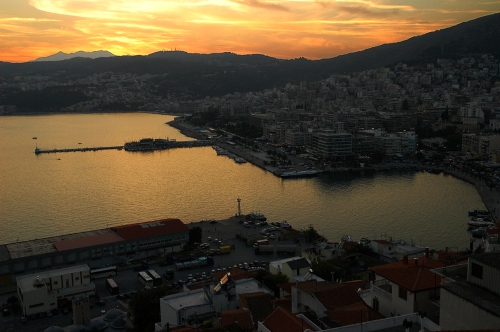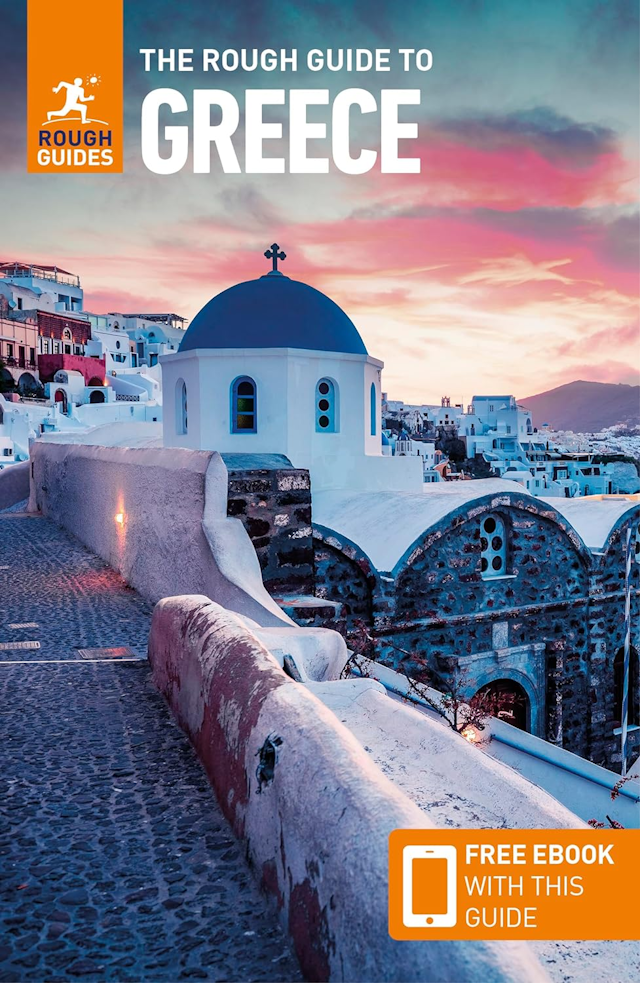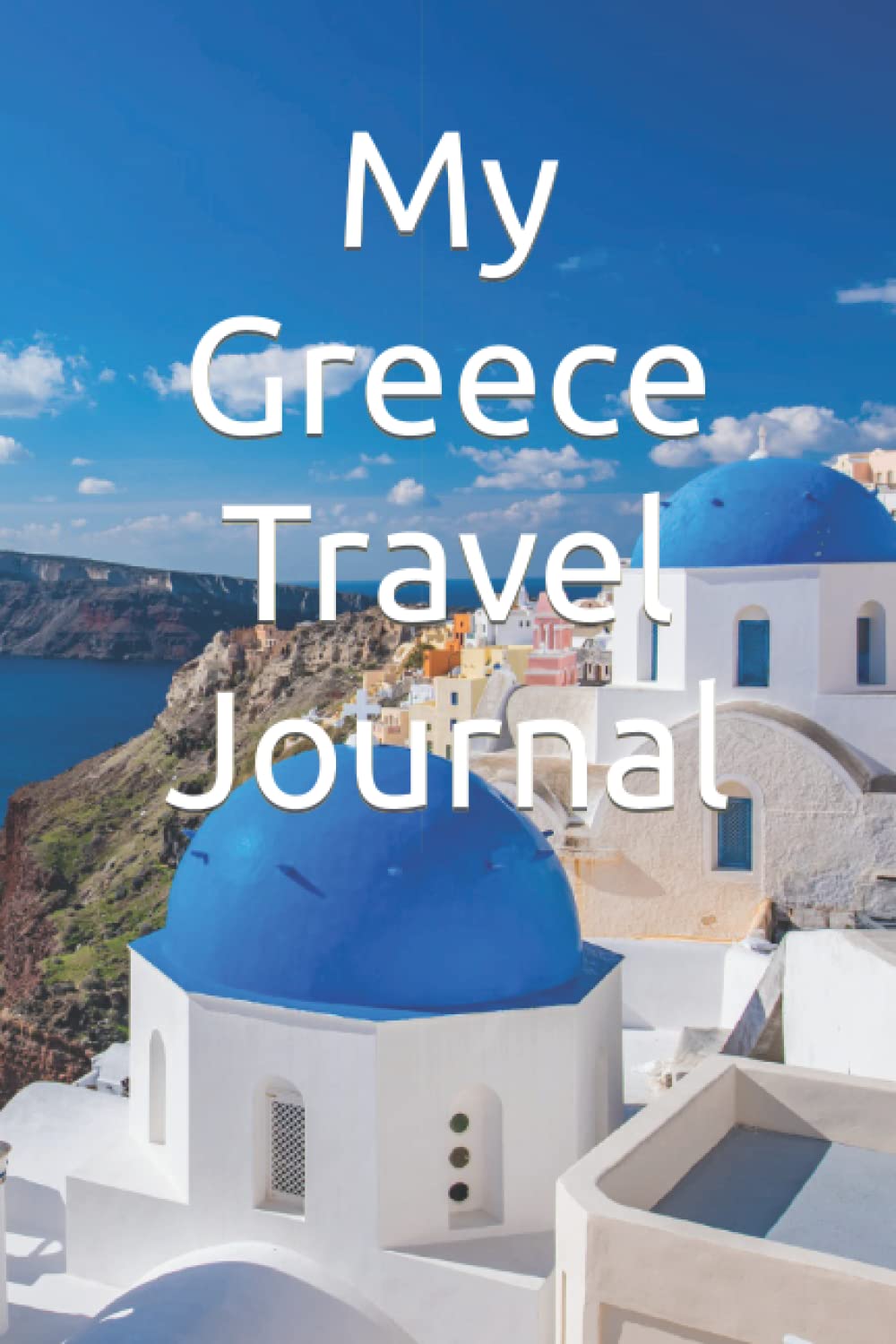- HOME
- Macedonia & Thrace
- Kavala
Kavala
The city of Kavala in eastern Macedonia is the area's major seaport and the base for ferries to the islands of the North East Aegean, including Thasos.
Kavala is a very lively port, a gateway to the islands in the North East Aegean and northern Dodecanese, and a holiday resort in its own right with some good beaches either side of the centre.
It has several good museums too, illustrating the historical and cultural interest of the town and surrounding area. Immediate impressions may not be favourable, as it is big and busy, but it is well worth spending a few days to explore the main town in eastern Macedonia.
History of Kavala
Kavala has been a port since ancient times, and was founded in the 6th century BC by emigrants from the island of Paros. St Paul first set foot on European soil here before travelling to Philippi in 49AD, and it has been fought over ever since. At varying times it was occupied by the Franks, Turks, Venetians, Normans and others, including the Bulgarians during both the First and Second World Wars.
The Turkish occupation had the biggest impact, as they were here from 1371 to 1912, and among their legacies is the town’s aqueduct, which dates not from the Romans but from the 16th century. A citadel dominates the eastern end of the harbour, and its imposing walls were built mainly in the 10th and 16th centuries. It makes an impressive sight when floodlit at night, and inside the walls is the area of town known as Panagía.
Panagia
Panagia is a terrific place in which to get lost, filled as it is with meandering streets and 18-19th century houses. Among these is the birthplace of Mehmet Ali (1769-1849), who became the Pasha of Egypt. The house can be identified by the nearby bronze statue of Ali on horseback, and has been preserved as a museum.
The most notable building is known as the Imaret, and overlooks the harbour on the right-hand side of one of the main streets as you enter the citadel area. This is the largest Islamic building in Europe, and was founded by Mehmet Ali.
It originally housed theological students, and provided them with cheap meals, though after standing derelict for many years it was recently refurbished as a restaurant where the meals are less cheap but the setting overlooking the harbour is superb. If you merely want to take a look round the interior, there is also a simpler bar set around the courtyard.
Kavala Harbour
The harbour at Kavala is a busy place, with hints of the eastern bazaar in the market area just behind it. You can be sure of a good fresh fish meal in the many restaurants that line the front, although if you want somewhere more unusual and Turkish-influenced, head into the Panagia area at night.
Museums
Kavala has several museums, large and small. At the far side of the harbour is the excellent Archaeological Museum, which draws on the finds from the several classical sites nearby, including Philippi. Some of the best exhibits are from Avdira, and these include an exquisite dolphin mosaic, and a huge sarcophagus, unusual in that its paint has survived. The site of Amphipolis, west of the town, is also represented, including some fine laurel wreaths made of pure gold in the 3rd century BC, looking far too delicate to have survived for over 2000 years. There are also extensive collections of ceramics, jewellery, coins, statues and many other items.
The Folk and Modern Art Museum, also known as the Municipal Museum, is a superior example of its kind, not dealing just with the past but also finding space for displays of more modern Greek art. Amongst the best are several sculptures by an artist from the island of Thassos, Polygnotos Vagis (1894-1965). In other rooms there are the usual displays of traditional folk costumes, as well as many household and agricultural items, though the collection is very eclectic and well worth an hour or two of browsing. Note that the museum has been closed for renovation so check whether it has re-opened or not.
There are several other museums including an Olive Museum, a Tobacco Museum (tobacco is a big crop in eastern Greece), a Wax Museum and a Navy Museum.
Latest Posts
-
The Lesser-Known Traditions of Greek Easter
Step off the beaten path this spring and discover the enchanting — and often surprising — Easter traditions found across Greece. -
Easter in the Mystical Castle of Monemvasia
In the castle town of Monemvasia, with its dramatic medieval backdrop and sea views, Easter is a deeply spiritual and atmospheric experience. -
Sifnos: Greece’s Hidden Culinary Star on the Rise
Sifnos, a Cycladic island, is gaining fame for its rich culinary heritage, especially the beloved melopita honey-cheese tart. -
Easter in Leonidio: A Tapestry of Light, Culture and Cliffs
In Leonidio, Easter comes alive with handmade hot air balloons in the sky and lanterns made from bitter oranges in the streets. -
April 9 Strike in Greece to Impact Public Transport, Ferries and Air Travel
Transportation and travel across Greece will face disruptions on Wednesday, April 9, as public transport, ferry and aviation workers join a nationwide strike called by Greek labor unions. -
Ancient Theater of Lefkada Brought Fully to Light Following Systematic Excavation
The Greek Culture Ministry has announced that the first ancient theater ever identified in the Ionian Islands has recently been brought fully to light on Lefkada, revealing an impressive monument that… -
Seven Greek Traditions Recognized as Intangible Cultural Heritage
From traditional barrel-making to age-old folk dances, seven new entries on Greece’s National Inventory preserve the country’s living heritage for future generations. -
Greek Air Traffic Controllers to Hold 24-hour Strike, Disrupting Flights on April 9
The Hellenic Air Traffic Controllers Union have announced a 24-hour strike for Wednesday, April 9, in response to the protest called by the Civil Servants’ Confederation (ADEDY). The strike is being h… -
Ten Best Budget Hotels on Santorini
Greece Travel Secrets picks the ten best budget hotels on Santorini, some with caldera views, some near beaches and some close to the heart of Fira. -
No Ferries in Greece on April 9 as Seamen Join Nationwide Strike
The Pan-Hellenic Seamen’s Federation (PNO) has announced its participation in the 24-hour strike called by the General Confederation of Greek Labor (GSEE) on Wednesday, April 9. The strike, which will…























